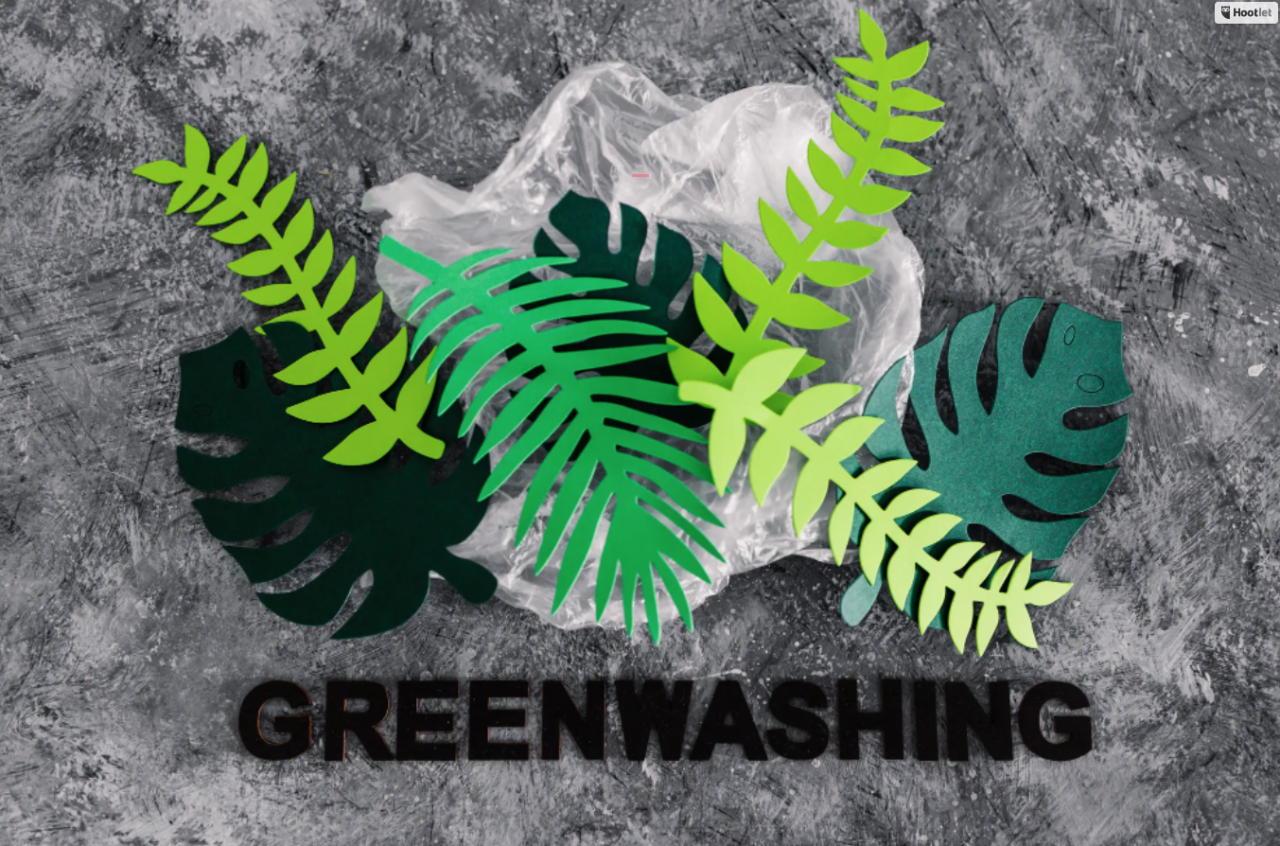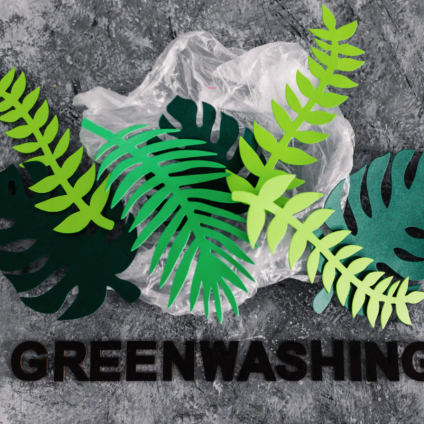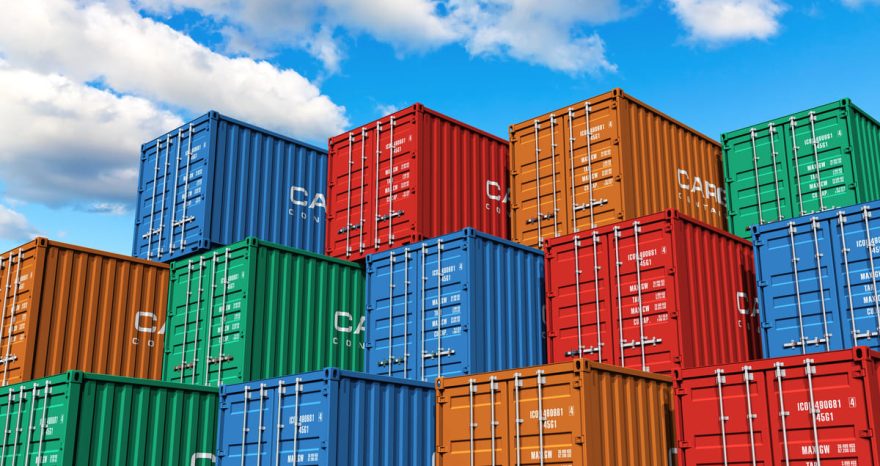In Circonomia, the festival of circular economy and ecological transition presented the dossier on the anti-greenwashing legislation of Italy, France, Germany, the United Kingdom and the USA. UN and EU supranational instruments also analysed
Sustainability strategies or greenwashing?
(Sustainabilityenvironment.com) – During the festival of the circular economy and ecological transition, Circonomia presented its report on greenwashing and legislation aimed at combating it. Analyzed the tools put in place in Italy, France, Germany, the United Kingdom and the USA, but also by supranational bodies such as the UN and the EU.
“Defeating greenwashing is a necessary step to give meaning, future and full effectiveness to the very idea of the ecological transition. Unmasking this practice, often based on real fake news, is convenient not only to citizens, consumers and ecologists but also and especially to companies that are really eco-friendly“, said Francesco Ferrante di Circonomia.
But what is greenwashing?
The definition of greenwashing is a form of marketing spin in which green marketing are deceptively used to persuade the public that an organization’s products, aims and policies are environmentally friendly.
Attention to the environment and sustainability has become an integral part of business strategies and it is increasingly urgent to be able to discern the real commitments to reducing impacts and marketing operations that hide only greenwashing. Many companies announce green turning points that, however, are limited to the mere communication plan, a smokescreen often aimed at masking the absence of commitments or even negative impacts.
In recent years the phenomenon has become so widespread that many countries have adopted strategies or legislation to combat greenwashing: on 27 May Circonomia presented a dossier on the effectiveness of these instruments in Italy, France, Germany, and the United Kingdom and the USA. The data also analyze the supranational context, starting with the United Nations and the European Union.
How do laws protect us from greenwashing?
Looking at the Italian context, in 2014 the Istituto Autodisciplina Pubblicitaria introduced a series of rules on correct communication on environmental protection. The aim of the measure is to protect consumers from greenwashing, but it is not always effective.
Among the most notable problems is certainly the absence of uniform standards aimed at substantiating the rules. And that is what has happened, for example, to plastic products. Since the entry into force of the Single-Use Plastic Directive (SUP), in our country and in the other member states the placing on the market of disposable plastic products has been prohibited: many companies have adapted, but some have only done so in words. Italians began to find on the shelves of their supermarkets a series of products that, at relatively low prices, are advertised as reusable but often are not. Crockery, containers, or cutlery are generally labeled as “sustainable”, but they not only cannot be reused but are also not compostable.
In the world, many governments and supranational authorities are preparing legislation against greenwashing. The Stock Exchange Supervisory Authority in the United States (SEC) in recent weeks has issued draft guidelines for defining the information that each investment fund must provide when it wants to qualify as “sustainable”, “low carbon” or “ESG”. In the European Union, starting from the Green Deal and many of the directives issued in recent years, a series of measures are being developed that look at consumer protection and the rules for producers.
The risk of greenwashing also concerns finance: many listed companies refer to statements ambiguous with respect to the ESG criteria. From this data, the ESMA (European Securities and Markets Authority) has developed a more accurate definition of these criteria, to ensure that funds that claim to be green are actually green. The threat of greenwashing also affects the expansion of Green Bonds, for which the EU Commission has established the European Green Bond Standard (EUGBS).
Greenwashing standards in Europe
The Bundesanstalt Für Finanzdienstleistungsaufsich (BaFin) (Federal Financial Services Supervisory Office of Germany) recently presented its guidelines, but this does not automatically protect citizens from misleading advertising. The Circonomia report in fact mentions the case of Adidas, which in 2021 advertised its Stan Smith shoes (only 50% recyclable) with the slogan: “Always iconic. Now more sustainable”.
In July last year, France adopted the “Law on climate and resilience“, which contains more accurate measures for the defense against greenwashing, but here too there were emblematic cases, as banks engaged in investing in fossil fuels that have publicly presented themselves as green.
In the United Kingdom, the laws against greenwashing have seen the commitment of the Competition and Market Authority (CMA) and the Committee of Advertising Practice, which together has established a particularly binding advertising regulation on environmental issues and challenges. In the country, moreover, several cases of greenwashing have been reported. The best known was that of the airline Ryanair, which in an EU report was included among the top ten producers of CO2 but, publicly, announced to have “low CO2 emissions” and to be the company that produces the smallest share.
Rules against greenwashing in the USA
In the United States, the Federal Securities Exchange Supervisory Body has recently embarked on a process of monitoring investment funds.
The attention to greenwashing and the attempt to equip itself with tools and legislations aimed at contrasting it characterizes in fact American history for several decades. In 1992, the Green Guides, the green guidelines by the Federal Trade Commission, the government’s consumer protection agency, were developed.
The establishment of the Climate and Environmental, Social and Governance Task Force dates back to 2021, the aim of which is to identify the ESG (Environmental, Social and Governance) criteria in a rigorous manner.
One of the cases that received the most media attention was that of Deutsche Bank’s DWS fund, accused of “inflating” the ESG performance of a series of investments presented to customers as sustainable: This was revealed by an investigation conducted by the Securities and Exchange Commission and BaFin, the Federal Supervisory Authority for the German financial sector.













